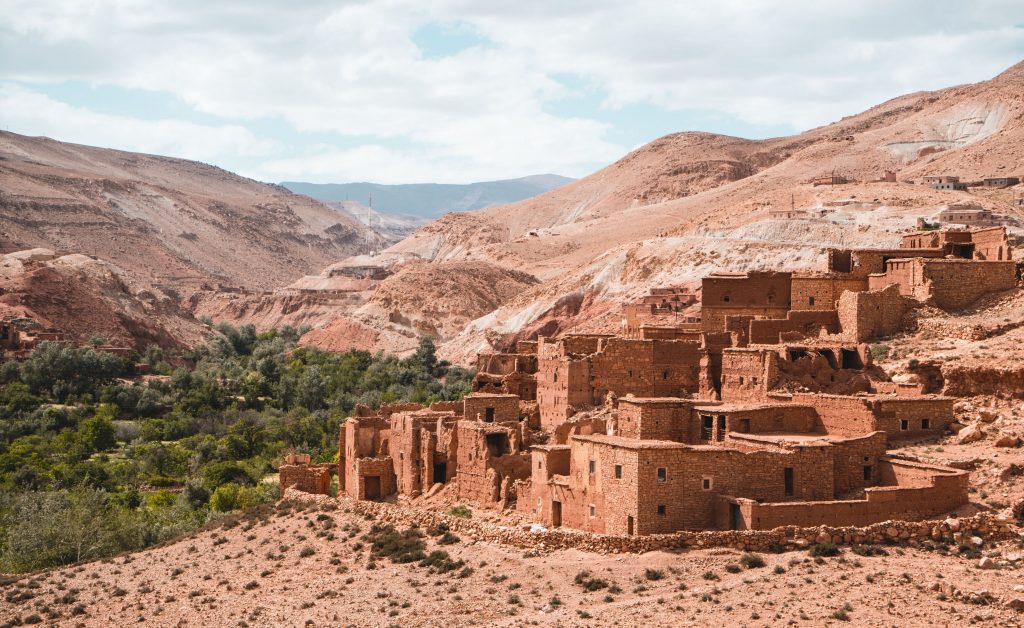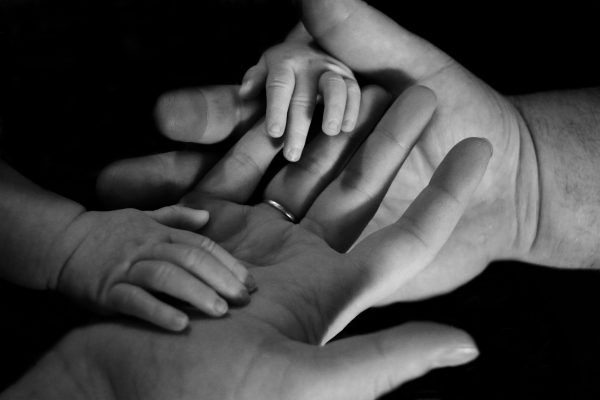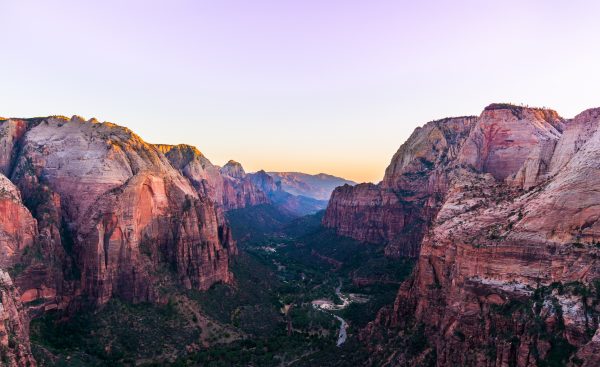There was a lot of sneaking going on that night around Saul’s home in Gibeah. Saul had slunk back home from his encampment in Gilgal. He and his 3,000 chosen troops were to wait for Samuel to come and deliver the blessing of the Lord on Saul’s kingdom and the present military operation. Saul jumped ahead and conducted a sacrifice himself and lost the blessing of God on his rule. Saul then sneaked back to Gibeah and set up court somewhere out of view under a pomegranate tree.
Meanwhile, Jonathan was about to do some sneaking of his own. He had created the problem by attacking a Philistine garrison and arousing the Philistines who had bullied Israel and were now poised to wipe them out. The Philistines had been sneaking in, had “flooded the zone” with 30,000 chariot units and 6,000 cavalry and uncountable foot soldiers. Saul’s “chosen fighters” had been reduced to 600. The rest had sneaked away to their homes if not joined their fellow Benjamites in thickets and caves.
Now it is night, and we witness a secret conversation between Jonathan and his armor-bearer. Jonathan had earlier been left at Gibeah with a thousand troops to defend the town. Now, he floats a notion.
Come, and let us go over unto the garrison of these uncircumcised: it may be that the Lord will work for us; for there is no restraint to the Lord to save by many or by few. (1 Samuel 14:6)
Faith without Presumption
Consider the parts of what Jonathan said. “It may be that the Lord will work for us.” Jonathan’s proposal is without presumption of its success. “For there is no restraint to the Lord to save by many or by few.” Jonathan’s proposal however is not without confidence in the possibility of its success. This is quintessential faith—assurance without presumption.
Faith is validated by action. The armor-bearer’s response is priceless.
Do all that is in thine heart: turn thee; behold, I am with thee according to thy heart. (1 Samuel 14:7)
In my paraphrase: “Let’s roll!”
And they crawl up the face of the rock on hands and knees to the flat place and begin chopping down the guards, Jonathan striking and the armor-bearer finishing. They had only got 20 before God sent a mighty earthquake that put the Philistine army in mad flight.
This incident—the first recorded episode in Saul’s reign—brings to mind another first incident in the Gospels. When Jesus descended from the mountain in Matthew 8, a leper came to Him with a simple request couched as a statement.
Lord, if thou wilt, thou canst make me clean. (Matthew 8:2)
Here again is assurance without presumption. Jesus replied “I will.” He touched the scabrous flesh of the helpless man and made him whole. Jesus became Himself unclean to make the leper clean. It was a response by the Lord to quintessential faith.
A lesson we can take away from the examples of the armor-bearer and the leper is the appeal to God of simple faith. It moves Him to move, not that He is otherwise resistant.
Defending Our Faith
What is a garrison?
Conquering armies have learned it is easier to conquer territory than to hold it. The Philistines found that to be true when Jonathan and his armor bearer attacked their garrison at Michmash, deep in Israel’s territory.
When David had established his kingdom (2 Samuel 8), he had natural boundaries to the east with the Jordan River and to the west with the Mediterranean Sea, though he chose not to drive the Philistines into the sea. But he placed garrisons in the bordering nations, to the north in Syria and to the south in Edom.
A garrison is a fortified military outpost, staffed with a select guard. It is intended to keep the enemy out of conquered territory. It has a defensive mission, but one which may quickly become offensive. A garrison needs determined troops and alert sentries.
Jesus tells a parable in Luke 19 of a nobleman taking a journey who left his lands under the supervision of his servants. Since his people hated him, his servants had a real challenge to carry out. He told them, “Occupy till I come.” They were to maintain his rule and serve his interests in what amounted to enemy territory.
What does a garrison look like in our lives?
We too live in enemy territory. That territory is without us, but also and especially within. We need God to mount a guard over us. That He does so is made clear in this comforting passage.
Be careful for nothing; but in everything by prayer and supplication with thanksgiving let your requests be made known unto God. And the peace of God, which passeth all understanding, shall keep your hearts and minds through Christ Jesus. (Philippians 4:6–7)
This passage is often incorporated in benedictions with a slight alteration in wording.
May the peace of God, which passeth all understanding, garrison your hearts and minds through Christ Jesus.
The word “garrison” here is more exactly reflective of the original Greek than the KJV “keep.” Here is the Zondervan KJV Study Bible note on it.
A military concept depicting a sentry standing guard. God’s protective custody of those who are in Christ Jesus extends to the core of their beings and to their deepest intentions.
We too have boundary work to do and God has prepared us for it. We must be strong and alert and apply our resources. For we war against foreign foes—“against principalities, against powers, against the rulers of the darkness of this world, against spiritual wickedness in high places” (Ephesians 6:12)—as well as against home threats, the enemy within us, the assault of our disabling fears and desires.
God can help us garrison the boundaries and firm the battle lines. Are we attending to contested territories within and without, keeping up our defenses in areas of past defeat, even advancing our battle stations against enemy lines?








